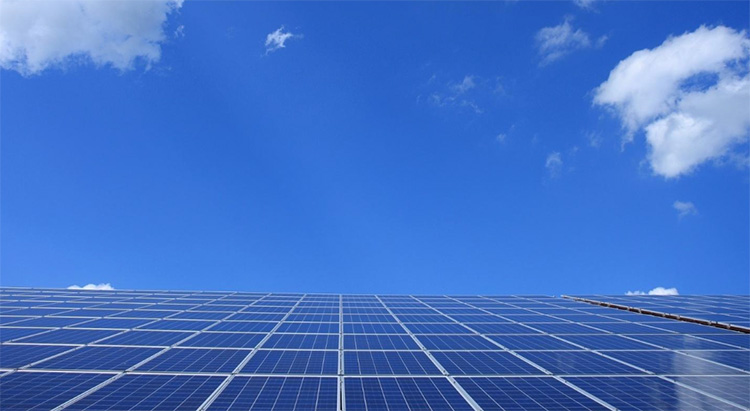
The UK has traditionally not been seen as an ideal location for solar energy – after all, it is a place that doesn’t get as much sunlight as other places in Europe. But the fact is, solar energy can still be useful in the UK as in other places – which means investing in a solar panel system is still worthwhile. But consider buying from a reputable store like SolaGuard. This is perhaps one reason more home and property owners are vying for solar energy. However, if you are considering installing your very own solar panel array, it’s best to consider some important factors. So what are these factors to think about when selecting a solar array in the UK? Let s find out.
1. The efficiency of the solar panels
The efficiency of a solar panel determines how much energy it can produce from the available sunlight. Highly efficient solar panels are obviously more expensive but can generate more power per square metre. You need to think about how much electricity you need and how much roof space you have available on your property to determine the right balance between cost and efficiency, as confirmed by solar Manchester experts such as Atlantic Renewables.
2. The tilt and orientation
The orientation and tilt of your solar panels will determine how much sunlight they can capture. For optimal performance, the panels should face south and be tilted at an angle between 30 and 45 degrees. However, not all roofs can accommodate this ideal orientation and tilt, so you need to work with a solar installer to find the best possible configuration for your property.
3. The solar panel quality
The quality of solar panels varies widely across different models and manufacturers. Low-quality panels may be cheaper but may not last as long or generate as much power as higher-quality panels. Choosing panels from a reputable manufacturer with a record of producing durable and high-quality products is crucial.
4. The cost of installation and maintenance
The cost of installing solar panels can vary depending on the system’s size and the complexity of the installation. Moreover, you should factor in ongoing maintenance costs, such as replacing faulty components and cleaning the panels. This is why it’s in your best interest to get several quotes from various installers to ensure you get the best value for your money.
5. Government tariffs and incentives
You have probably heard of the UK government’s tariffs and incentives to encourage more property owners to install solar panels. For instance, the Feed-in Tariff scheme pays homeowners for the energy they generate and feed back into the grid. In addition, there is the Smart Export Guarantee, which pays homeowners for any excess energy they produce but do not use themselves. It’s essential for you to do research on these incentives and tariffs to maximise the return on your investment.
6. Battery storage
A good battery storage system will allow you to store the excess energy produced by your solar panels, especially when there is no sunlight or during high demand. While battery storage adds to the initial installation expense, it can help you optimise your energy savings in the long run.
Image attributed to Pixabay.com

Leave a Reply